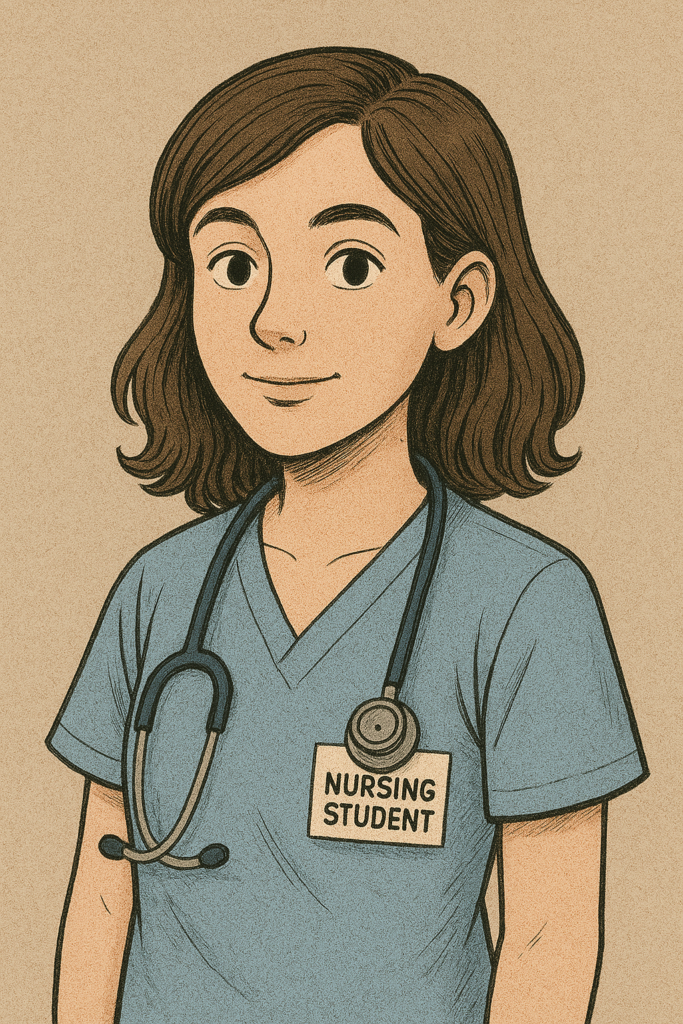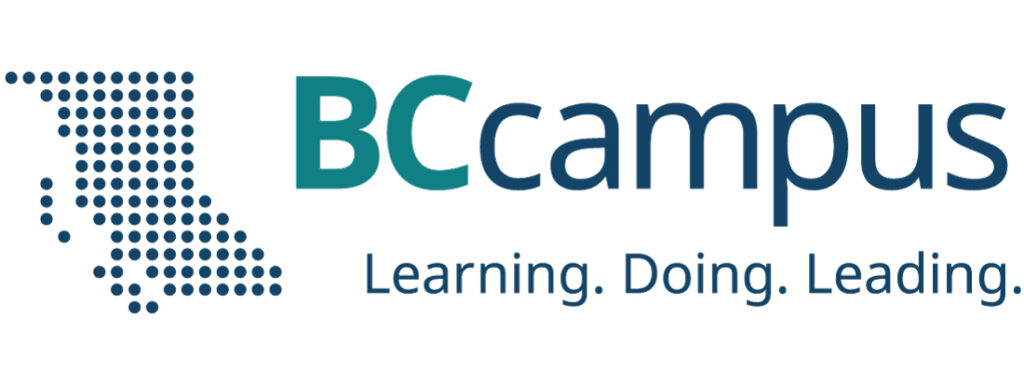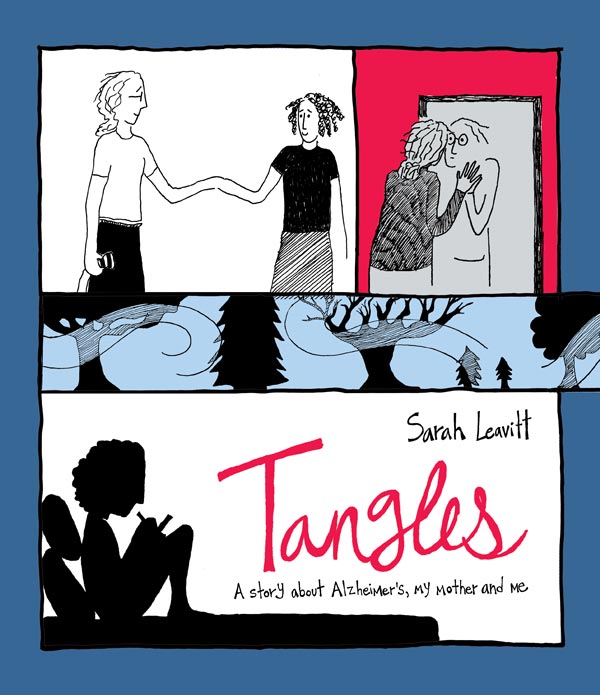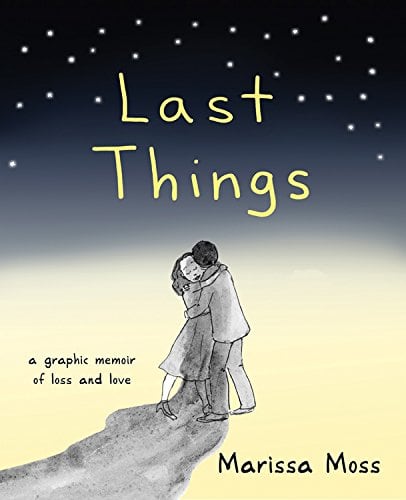Welcome, and thank you for your willingness to participate in this project! We decided to do this study to explore whether and how graphic novels might help nursing students to learn about and cope with death in their future nursing careers. The insights from your participation will help to inform evidence-based education practices in nursing school and may also help to shape educational practices in other disciplines such as social work and psychology.
We’ve created this welcome website to share a bit more about the study, what your participation will look like, and the resources to support you along the way.
Who is conducting the study?

Dr. Darryn DiFrancesco, Assistant Professor in the School of Nursing at the University of Northern British Columbia, is leading the study. Darryn is a sociologist with background in social determinants of health and health care systems research. Prior to joining UNBC, Darryn taught at Northern Lights College for over 10 years, where she explored graphic novels and memoirs as tools for learning. Students gave overwhelmingly positive feedback about the experience. After joining UNBC, Darryn wondered if there was space to integrate them into nursing curriculum.

Alyssa Casey is the undergraduate research assistant for this project. A 4th year nursing student in the NBNP (Northern Baccalaureate Nursing Program) at UNBC, Alyssa became interested in death education after encountering a patient’s death during her first clinical placement. In NRSG 305, Alyssa conducted a research project on nursing student death education, concluding that despite being a prominent part of nursing care, there are few studies exploring death education among nursing students.
This project emerged from discussions and dialogue between Darryn, Alyssa, other students and instructors in the NBNP program.
Funder: The study has been funded by BCCampus, which is a British Columbia publicly-funded organization that supports professional development for post-secondary educators. They have provided us with a small grant that covers the cost of the books, software, and the support of a part-time research assistant (Alyssa). There are no conflicts of interest between the researchers, the funders, or the authors/publishers of the texts.

The Study
We want to explore whether and how delivering a graphic memoir “module” supports student learning and emotional preparedness for death. Participation in the study involves a few activities, completed in sequence:
Survey 1
Once you submit your consent form and book selection, we’ll send you an e-mail confirmation with a link to the Survey 1.
Complete the survey within 7 days of signing up to participate.
Read & Discuss
Read your chosen memoir.
Come to class on the designated day ready to discuss your learning and reflection. The discussion will be facilitated and is meant to help you reflect on the text and how it may impact your practice.
Survey 2
The second survey is the same as Survey 1, but also includes some open-ended/reflection questions about your experience reading the book and participating in the discussion.
Consent, Anonymity and Confidentiality:
We’ll be asking you to review the project consent form throughout the project. At each step of the way, you’ll be asked again if you consent to us using your answers to inform the research. For Surveys 1 and 2, your answers will be completely anonymized (that means they won’t be associated with your name or identity). You’ll be assigned a unique participant code that is only available to the research team.
Mental Health Supports:
Death, illness, and bereavement are heavy topics and we recognize that you may be emotionally impacted by the activities included in the study. As such, we strive to create a trauma-informed approach to the research and activities. Trigger warnings are provided, and a list of mental health resources is provided at the bottom of this page.
The Book Selection Process
After a thorough review of a wide range of graphic memoirs, the research team and instructor(s) have selected two texts for you to choose from. Both texts deal with terminal illness diagnoses, disease progression, health care challenges, family and caregiver experiences, dying, death, and grief. We recognize that there are a diversity of cultures, contexts, and diseases in the world, and that these memoirs only offer a brief glimpse into the death and bereavement experience. In an ideal world, we would be able to offer students a broader range of stories about different cultures, family forms, and illness experiences. Unfortunately, we are constrained by the limited options available. The books we have chosen, we believe, represent the best balance of subject matter appropriateness, length, accessibility, and learning opportunity.
If you choose to participate in the study, you’ll be prompted to let us know which book you’d like to read. You can borrow our copies, or you may wish to purchase your own. If you choose to purchase your own, we will reimburse you $10 in the form of an Amazon or Kobo gift card. To receive the $10 gift card, send a copy of your purchase receipt to Alyssa (acasey@unbc.ca).
Trauma-Informed Approach
You should be aware that potentially sensitive topics are discussed or shown in the memoirs. For each book, we have provided a synopsis, list of topics, and trigger warnings. We encourage you to read these closely and conduct additional research about the texts (if needed) to make an informed choice.
If, at any time, you find the book and/or activities trigger an intense emotional response, we encourage you to take a break. This may involve taking a walk outdoors, engaging in exercise or another relaxing activity, or debriefing with a friend or family member. If your participation becomes too much, you may withdraw from the study at any time with no repercussions to you. We encourage you to communicate with your instructor and/or Darryn if this is the case so that alternatives (if available) can be arranged.
A list of mental health resources is provided here. We encourage you to consult these resources if you feel that you would benefit from additional support.
If you have any concerns, please reach out to your instructor and/or Darryn (Darryn.DiFrancesco@unbc.ca)
Book Choices

Tangles: A Story about Alzheimer’s, My Mother, and Me – Sarah Leavitt
Year published: 2010
Topics: Alzheimer’s, family relationships, disease progression, aging parents
Synopsis: What do you do when your outspoken, passionate, and quick-witted mother starts fading into a forgetful, fearful woman? In this powerful graphic memoir, Sarah Leavitt reveals how Alzheimer’s disease transformed her mother Midge—and her family—forever.
In spare black and white drawings and clear, candid prose, Sarah shares her family’s journey through a harrowing range of emotions—shock, denial, hope, anger, frustration—all the while learning to cope, and managing to find moments of happiness. Midge, a Harvard-educated intellectual, struggles to comprehend the simplest words; Sarah’s father Rob slowly adapts to his new role as full-time caretaker, but still finds time for word-play and poetry with his wife; Sarah and her sister Hannah argue, laugh, and grieve together as they join forces to help Midge get to sleep, rage about family friends who have disappeared, or collapse in tears at the end of a heartbreaking day.
Tangles provides a window on the complexity of Alzheimer’s disease, and ultimately opens a knot of moments, memories, and dreams to reveal a bond between a mother and a daughter that will never come apart.
Trigger warnings: LGBTQ issues, nudity, sexuality, dying, death, grief, religion, coarse language

Last Things: A Graphic Memoir of Loss and Love – Marissa Moss
Year published: 2017
Topics: ALS (Lou Gehrig’s Disease), marriage, children, disease progression, health care system navigation
Synopsis: Last Things is the true and intensely personal story of how one woman coped with the devastating effects of a catastrophic illness in her family.
Using her trademark mix of words and pictures to sharp effect, Marissa Moss presents the story of how she, her husband, and her three young sons struggled to maintain their sense of selves and wholeness as a family and how they continued on with everyday life when the earth shifted beneath their feet.
After returning home from a year abroad, Marissa’s husband, Harvey, was diagnosed with ALS. The disease progressed quickly, and Marissa was soon consumed with caring for Harvey while trying to keep life as normal as possible for her young children. ALS stole the man who was her husband, the father of her children, and her best friend in less than 7 months.
This is not a story about the redemptive power of a terminal illness. It is a story of resilience–of how a family managed to survive a terrible loss and grow in spite of it. Although it’s a sad story, it’s powerfully told and ultimately uplifting as a guide to strength and perseverance, to staying connected to those who matter most in the midst of a bleak upheaval. If you’ve ever wondered how you would cope with a dire diagnosis, this book can provide a powerful example of what it feels like and how to come through the darkness into the light.
Trigger warnings: dying, death, grief, children, religion, coarse language
Mental Health Resources for Students
University of Northern British Columbia:
- Prince George: https://www.unbc.ca/counselling
- Fort St. John: https://www.unbc.ca/counselling/regional-counselling
Coast Mountain College:
Northern Lights College:
Additional Options:
Here2Talk: Free, confidential counselling or referral services for all registered Post-Secondary students in BC